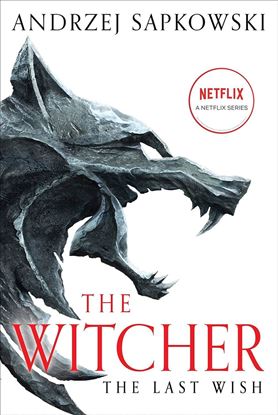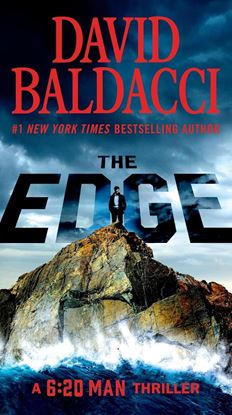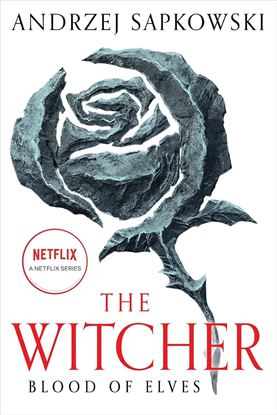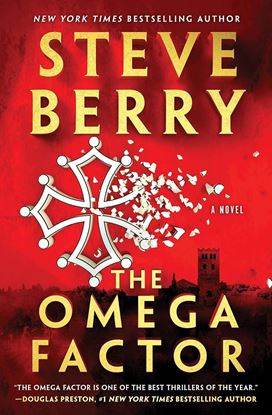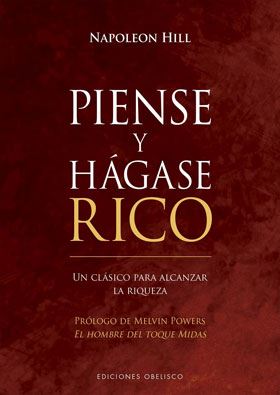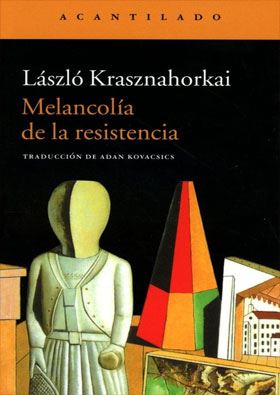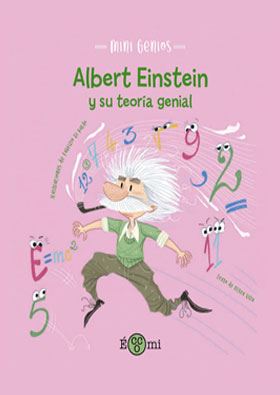

THE MISTRESS AND THE KEY
Card shark Hailey Gordon and ex con Nick Patterson—fresh off uncovering one of the biggest secrets of the Revolutionary War alongside American history professor Adrian Jensen—now find themselves in Philadelphia, immersed in the history of Benjamin Franklin and Paul Revere. The Liberty Bell, Charles Willson Peale’s Museum, and the Tomb of The Unknown Revolutionary Soldier are connected to Franklin in amazing ways. The more they discover, the more shocking the implications become.
The long buried secrets Hailey and Nick are chasing have previously only been known by a select few, who would prefer to keep it that way. A woman known as The Heiress—part of a mysterious organization called The Family—is one of these rare historians. After generations of members have failed before her, The Heiress has been tasked to finally unearth the alchemical secrets Revere and Franklin may have discovered during their lifetimes.
And she’s not about to let Nick and Hailey get in her way.
1,350
THE LAST WISH
Geralt is a Witcher, a man whose magic powers, enhanced by long training and a mysterious elixir, have made him a brilliant fighter and a merciless hunter. Yet he is no ordinary killer. His sole purpose: to destroy the monsters that plague the world.
But not everything monstrous-looking is evil and not everything fair is good . . . and in every fairy tale there is a grain of truth.
1,350
THE EDGE
When CIA operative Jenny Silkwell is murdered in rural Maine, government officials have immediate concerns over national security. Her laptop and phone were full of state secrets that, in the wrong hands, endanger the lives of countless operatives. In need of someone who can solve the murder quickly and retrieve the missing information, the U.S. government knows just the chameleon they can call on.
Ex-Army Ranger Travis Devine spent his time in the military preparing to take on any scenario, followed by his short-lived business career chasing shadows in the deepest halls of power, so his analytical mind makes him particularly well-suited for complex, high-stakes tasks. Taking down the world’s largest financial conspiracy proved his value, and in comparison, this case looks straightforward. Except small towns hold secrets and Devine finds himself an outsider again.
800
BLOOD OF ELVES
For over a century, humans, dwarves, gnomes, and elves have lived together in relative peace. But that peace has now come to an end.
Geralt of Rivia, the hunter known as the Witcher, has been waiting for the birth of a prophesied child. The one who has the power to change the world for good—or for evil.
As the threat of war hangs over the land and the child is pursued for her extraordinary powers, it will become Geralt’s responsibility to protect them all. And the Witcher never accepts defeat.
1,400
DR. SEUSS GRAPHIC NOVEL: GREEN EGGS
Walter doesn't know what the big deal is—sure, it might be nice to have a green eggs and ham picnic on a hike, but doesn't Sam-I-Am know about all of the bugs? And the flowers that make you sneeze? Or the rivers that block your way? No, Walter is not a fan of the outdoors, he certainly is not. And nothing Sam-I-Am will do or say will change his mind. Too bad for Walter, Sam-I-Am is always up for a challenge!
800
THE NOTEBOOK
At thirty-one, Noah Calhoun, back in coastal North Carolina after World War II, is haunted by images of the girl he lost more than a decade earlier. At twenty-nine, socialite Allie Nelson is about to marry a wealthy lawyer, but she cannot stop thinking about Noah. Thus begins the story of a love so enduring and deep it can turn tragedy into triumph, and may even have the power to create a miracle...
Every so often a love story so captures our hearts that it becomes more than a story—it becomes an experience to remember forever. The Notebook is such a book. It is a celebration of how passion can be ageless and timeless, a tale that moves us to laughter and tears and makes us believe in true love all over again...
1,250
VERA, OR FAITH
A poignant, sharp-eyed, and bitterly funny tale of a family struggling to stay together in a country rapidly coming apart, told through the eyes of their wondrous ten-year-old daughter, by the bestselling author of "Super Sad True Love Story" and "Our Country Friends".
1,350
THE OMEGA FACTOR
When Nick travels to Belgium for a visit with a woman from his past, he unwittingly stumbles on the trail of a legendary panel from the Ghent Altarpiece, stolen in 1934 under cover of night and never seen since. Soon Nick is plunged into a bitter conflict, one that has been simmering for nearly two thousand years. On one side is the Maidens of Saint-Michael, les Vautours—the Vultures—a secret order of nuns and the guardians of a great truth. Pitted against them is the Vatican, which has wanted for centuries to both find and possess what the nuns guard. Because of Nick the maidens have finally been exposed, their secret placed in dire jeopardy—a vulnerability that the Vatican swiftly moves to exploit utilizing an ambitious cardinal and a corrupt archbishop, both with agendas of their own.
1,250
THUNDERBOLTS: BACK ON TARGET
In the aftermath of DEVIL'S REIGN, the Big Apple has big problems, and it's up to a new group of Thunderbolts to turn things around. But when Clint Barton is tasked with heading up this squad, the first opponent he's going to have to face…is himself. And the second just might be his teammate Monica Rambeau! Plus: The Thunderbolts battle the rampaging Super-Apes in Central Park - and must save Manhattan from the towering threat of Terminus!
1,150
DCEASED: WAR OF THE UNDEAD GODS
The emergence of a reborn, undead Darkseid in DCeased: Dead Planet sets the stage for the most devastating conflict yet for Batman, Superman, and Wonder Woman! As the Anti-Life Equation spreads into the cosmos, the survivors of Earth prepare for the coming apocalypse and realize their only hope could lie in the most powerful surviving hero from the first DCeased series…
The bestselling creative team of Tom Taylor and Trevor Hairsine return for their third and final installment in DCeased: War of the Undead Gods!
1,300





